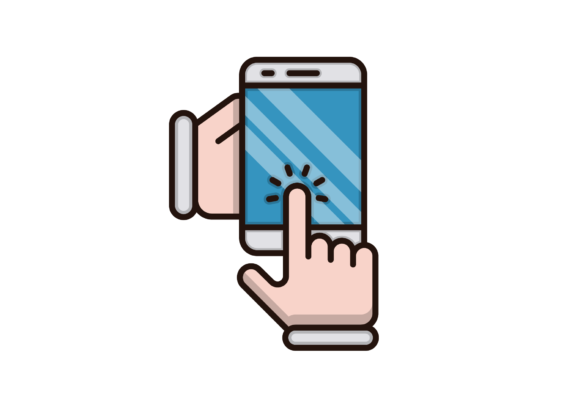In our society, being a drug addict carries with it a clear stigma. People who are addicted to opiates typically experience a rush of sensation as dopamine floods into their brain, bringing instant gratification. However, as we know from decades of research on drug addiction, the negative long term effects certainly outweigh the short term “rush.” So my question is, how long are we going to wait before we admit the harsh reality that our smartphones are our newest drug addiction?
While sitting down to write this article, I looked at my phone 11 times, taking up a total of 13 minutes and 47 seconds, and I’m not sure I even want to know how many times I’ve checked my social media apps today because it would be an even more embarrassing amount. As startling as it is to admit that I am at least somewhat addicted to my phone, I am certainly not an outlier to the average joe. A recent survey showed that the average American spends 4 hours and 37 minutes looking at their phone every single day. When adding this up, the average American will spend roughly twelve years staring at their phone.
Unfortunately, because smartphones have only been popularized since the 2010s, we don’t know the full extent of the damage we are doing to our brains by giving so much of our time and energy to our devices. However, what we do know is that if we keep up this pace of constant scrolling and selfies, our attention spans will dwindle more and more, disrupting work and everyday life. Ironically, the stress of constant access to the internet causes feelings of loneliness and disconnect from others.
There are of course a wide array of positives when it comes to the modern smartphone as well; such as easier communication, information, and the camera feature to name a few. I’m definitely not suggesting that anyone goes into hermit mode and completely rid themselves of all technology, but I do think we need to start monitoring our screentime more closely.
Some helpful tricks that have kept me off my phone is setting certain times of the day where I have to put it away, such as during meals or before bed. For iPhone users the settings app has a built-in screen time monitoring feature that you can check daily to see how long you’ve been on your phone for. I would say what has worked best for me is finding other hobbies that don’t require me to be on my phone like exercising, reading a book, or meditating.
Ultimately phone addiction can be negative because it can take away from real life social encounters, which are often vastly different from those online, and make you lose out on friendships, opportunities, or extra free time. We shouldn’t be wiping the sleep from our eyes because we want to watch another TikTok instead of going to bed, or not doing homework because we can’t stop playing Candy Crush. If we don’t address the fact that we are stuck in a cycle of constant short term gratification, we will never grow from it. My hope is that by moving away from constant cell phone use we will be able to have better attention spans and have more authentic connections in life.


